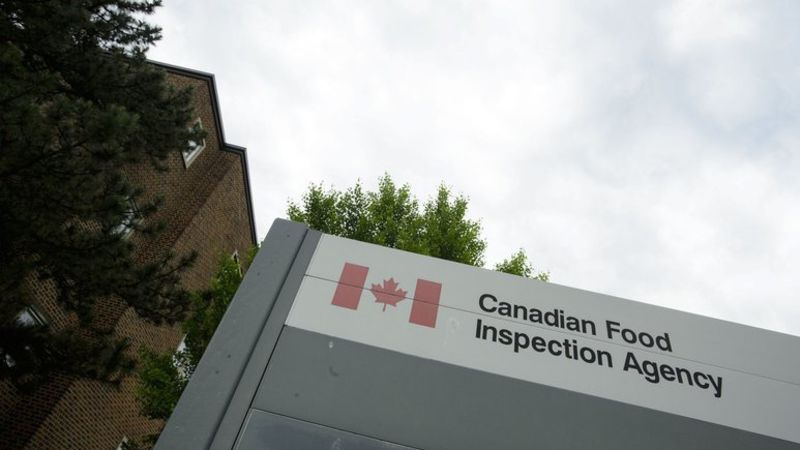A concerning discovery has emerged in British Columbia’s agricultural sector as the Canadian Food Inspection Agency (CFIA) confirms the presence of a rare avian disease at a commercial pigeon operation in Chilliwack. The finding, which marks the first such case in the Fraser Valley this year, has prompted immediate containment protocols to prevent potential spread to other bird populations.
The disease, identified through routine surveillance testing, was detected last week during scheduled health monitoring at the facility, which houses approximately 3,000 pigeons. CFIA officials have placed the premises under quarantine while conducting comprehensive epidemiological investigations to determine the source of the infection.
“This isolated case demonstrates the effectiveness of our early detection systems,” said Dr. Emily Thornton, regional veterinary officer with the CFIA. “We’re working closely with the facility operators to implement enhanced biosecurity measures and minimize any potential impact on the broader agricultural community.”
According to Canada News sources, the disease poses no risk to human health or food safety, but can cause significant mortality in affected bird populations if left unchecked. Provincial agricultural authorities have issued notifications to commercial and backyard poultry operations within a 10-kilometer radius as a precautionary measure.
The BC Pigeon Fanciers Association has advised its members to limit bird movement and increase biosecurity protocols until further notice. “While this appears to be contained to a single operation, we’re taking no chances,” said Association President Martin Reeves. “The health of our birds and the integrity of the province’s avian populations remain our top priority.”
Health monitoring at neighboring facilities has been intensified, with additional testing scheduled throughout the coming weeks. The affected facility has voluntarily suspended all bird shipments and exhibitions while working with authorities to manage the situation.
This case highlights the ongoing vigilance required in Canada’s agricultural sector, particularly following several high-profile avian disease outbreaks across North America in recent years. The CFIA’s rapid response protocol includes tracing recent bird movements to and from the affected facility to identify any potential transmission vectors.
“The swift action we’re seeing in Chilliwack reflects the lessons learned from previous outbreaks,” notes agricultural economist Sandra Morrison in an interview with CO24 News. “Early detection and containment are essential components of our national agricultural biosecurity strategy.”
Provincial authorities expect to provide an updated assessment by early next week, pending completion of additional diagnostic testing. In the meantime, the agricultural community remains on heightened alert while maintaining normal operations under enhanced monitoring.
As climate change and globalization continue to alter disease patterns worldwide, how prepared is Canada’s agricultural biosecurity system for emerging threats to our food production infrastructure?


















